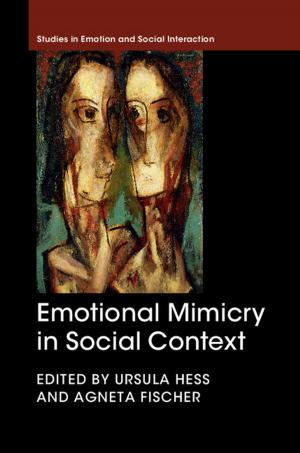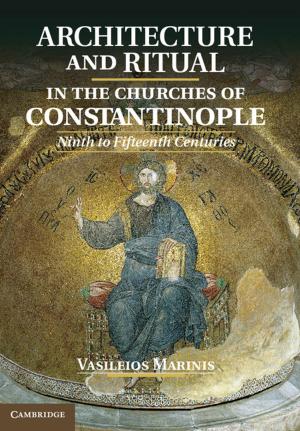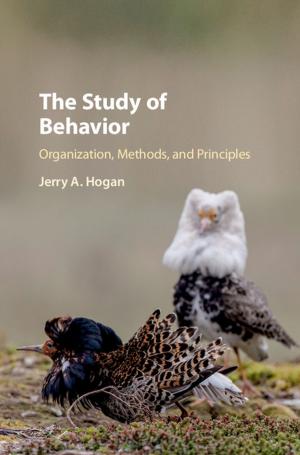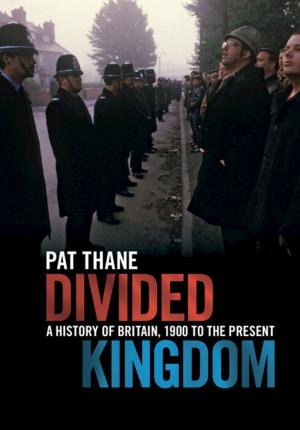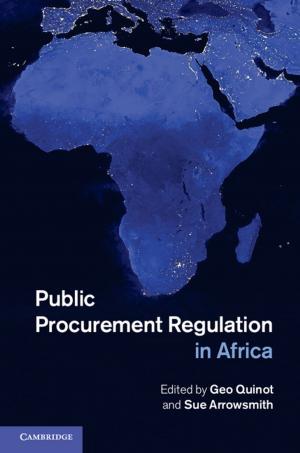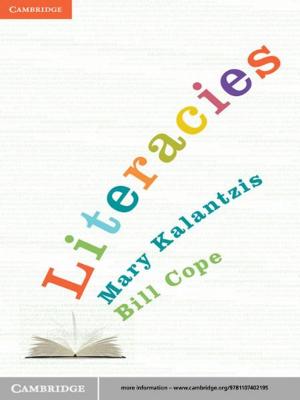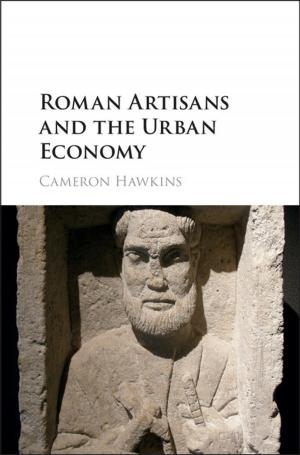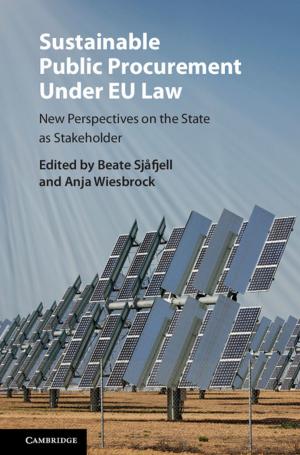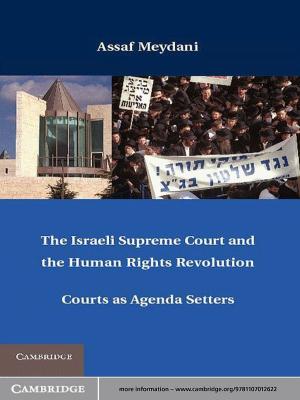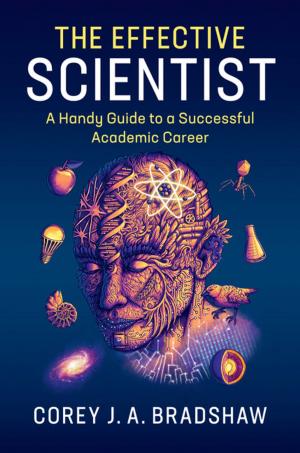Biblical Blaspheming
Trials of the Sacred for a Secular Age
Nonfiction, Religion & Spirituality, Bible & Bible Studies, Study, Old Testament| Author: | Yvonne Sherwood | ISBN: | 9781139564168 |
| Publisher: | Cambridge University Press | Publication: | September 6, 2012 |
| Imprint: | Cambridge University Press | Language: | English |
| Author: | Yvonne Sherwood |
| ISBN: | 9781139564168 |
| Publisher: | Cambridge University Press |
| Publication: | September 6, 2012 |
| Imprint: | Cambridge University Press |
| Language: | English |
This book explores the strange persistence of 'blasphemy' in modern secular democracies by examining how accepted and prohibited ways of talking and thinking about the Bible and religion have changed over time. In a series of wide-ranging studies engaging disciplines such as politics, literature and visual theory, Yvonne Sherwood brings the Bible into dialogue with a host of interlocutors including John Locke, John Donne and the 9/11 hijackers, as well as artists such as Sarah Lucas and René Magritte. Questions addressed include: • What is the origin of the common belief that the Bible, as opposed to the Qur'an, underpins liberal democratic values? • What kind of artworks does the biblical God specialise in? • If pre-modern Jewish, Christian and Islamic responses to scripture can be more 'critical' than contemporary speech about religion, how does this affect our understanding of secularity, modernity and critique?
This book explores the strange persistence of 'blasphemy' in modern secular democracies by examining how accepted and prohibited ways of talking and thinking about the Bible and religion have changed over time. In a series of wide-ranging studies engaging disciplines such as politics, literature and visual theory, Yvonne Sherwood brings the Bible into dialogue with a host of interlocutors including John Locke, John Donne and the 9/11 hijackers, as well as artists such as Sarah Lucas and René Magritte. Questions addressed include: • What is the origin of the common belief that the Bible, as opposed to the Qur'an, underpins liberal democratic values? • What kind of artworks does the biblical God specialise in? • If pre-modern Jewish, Christian and Islamic responses to scripture can be more 'critical' than contemporary speech about religion, how does this affect our understanding of secularity, modernity and critique?

